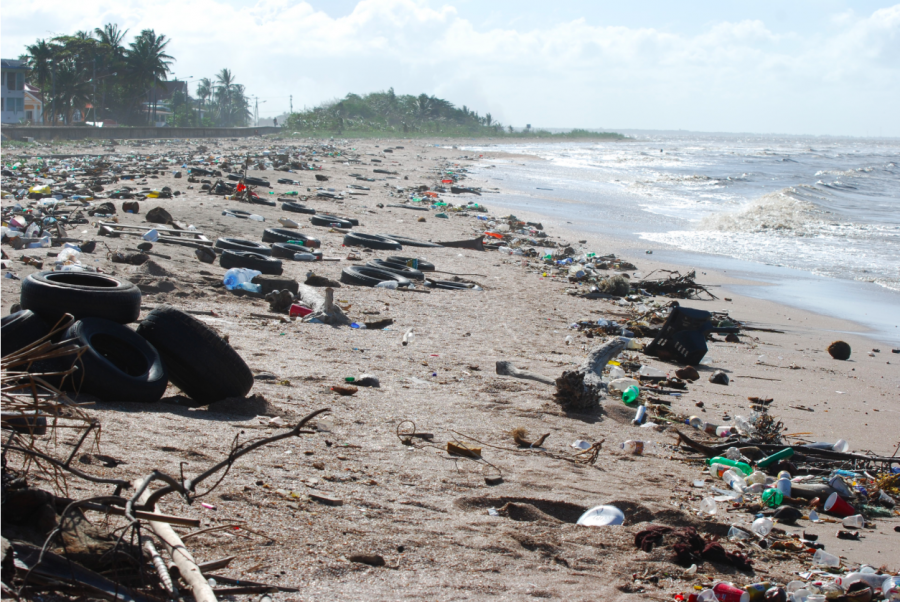OCEAN POLLUTION
How does ocean pollution affect marine life?
Our marine life is suffering due to the oceanic pollution from humans. According to www.noaa.gov, approximately 1.4 billion pounds of trash per year enters our oceans. Most of it either sinks down to the ocean floor or is eaten by marine life. The majority of all of the trash and garbage wash back onto our beaches through waves and the tidal currents.
It’s not just trash that is polluting the oceans and marine life, there are also oil spills. According to oceanservice.noaa.gov, oil destroys the insulating ability of fur-bearing mammals, such as sea otters, and the water repellency of the birds’ feathers, thus exposing these creatures to the harsh elements. Without the ability to repel water and insulate from the cold water, birds and mammals will die from hypothermia.
According to www.marinesafe.org, over the last decade, we have produced more plastic then we have in 100 years. This sharp increase in plastic entering our waters harms not only marine life but also humanity. Plastic kills fish, birds, marine mammals, and sea turtles. It also destroys habitats and even affects animals’ mating rituals, which can have devastating consequences and can wipe out entire species. Coral reefs are also impacted in negative ways, because coral reefs are homes to many small marine creatures. The oils from the spills clogs up the gills of the fish that live in the area where the spill took place causing the fish to suffocate. Also, the oil that floats on the surface of the water blocks out almost all of the sunlight that reaches through the water to the marine plants, causing them to not be able to carry out photosynthesis.


